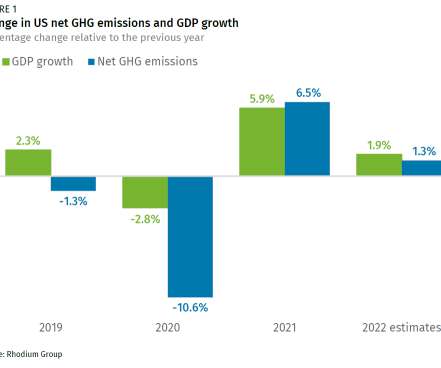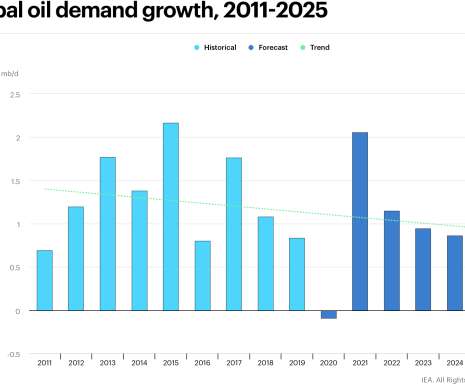Dynamic Fuels receives EPA Part 79 registration for renewable gasoline blendstock
Green Car Congress
AUGUST 17, 2012
The US Environmental Protection Agency (EPA) has granted Dynamic Fuels, LLC Part 79 registration for its Renewable Gasoline Blendstock 10 by the U.S. Advanced Biofuel, or D5, RINS for each gallon of its renewable gasoline blendstock when blended into petroleum gasoline at up to a 10% concentration.








































Let's personalize your content